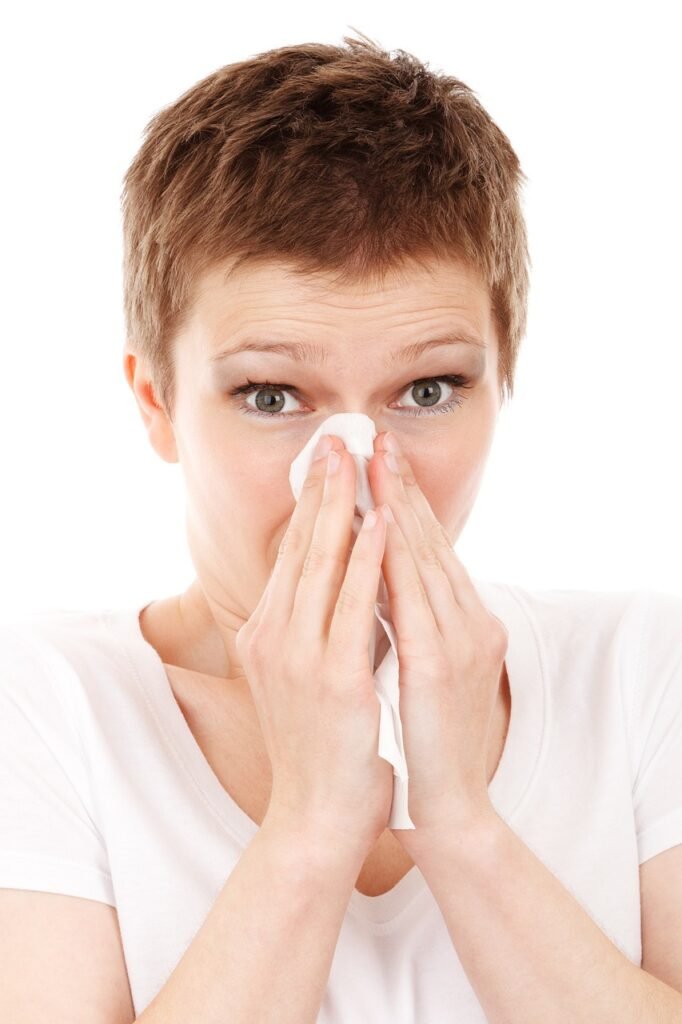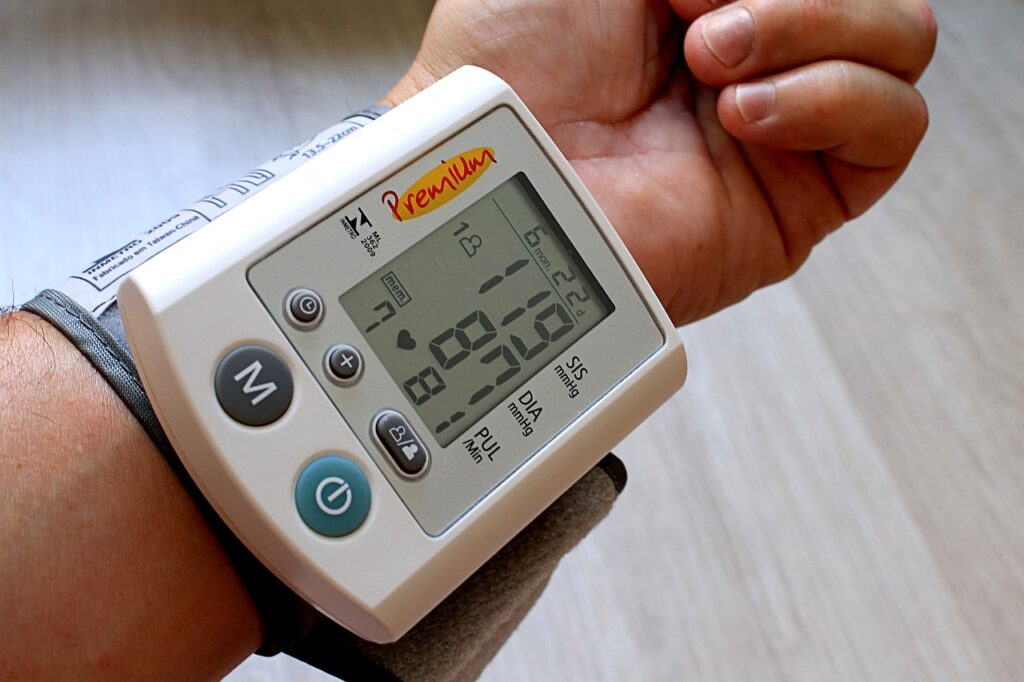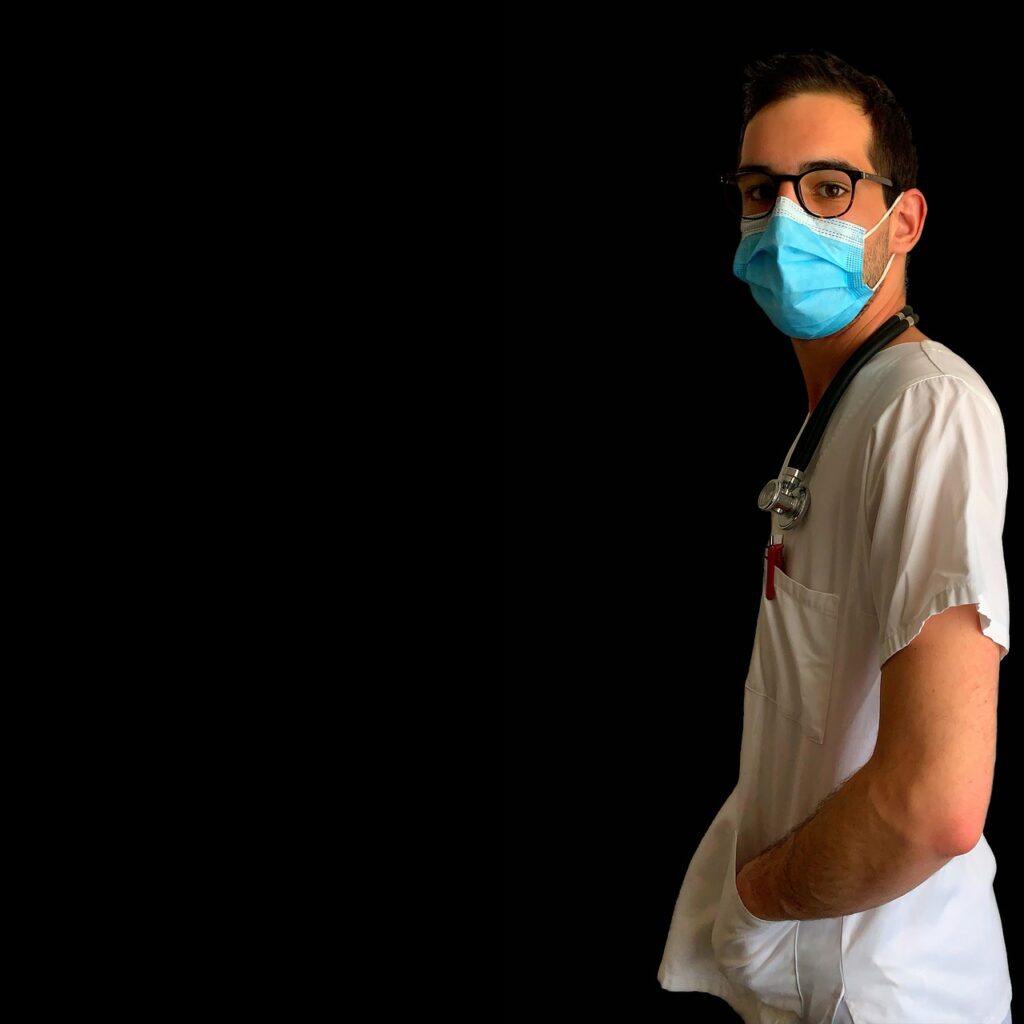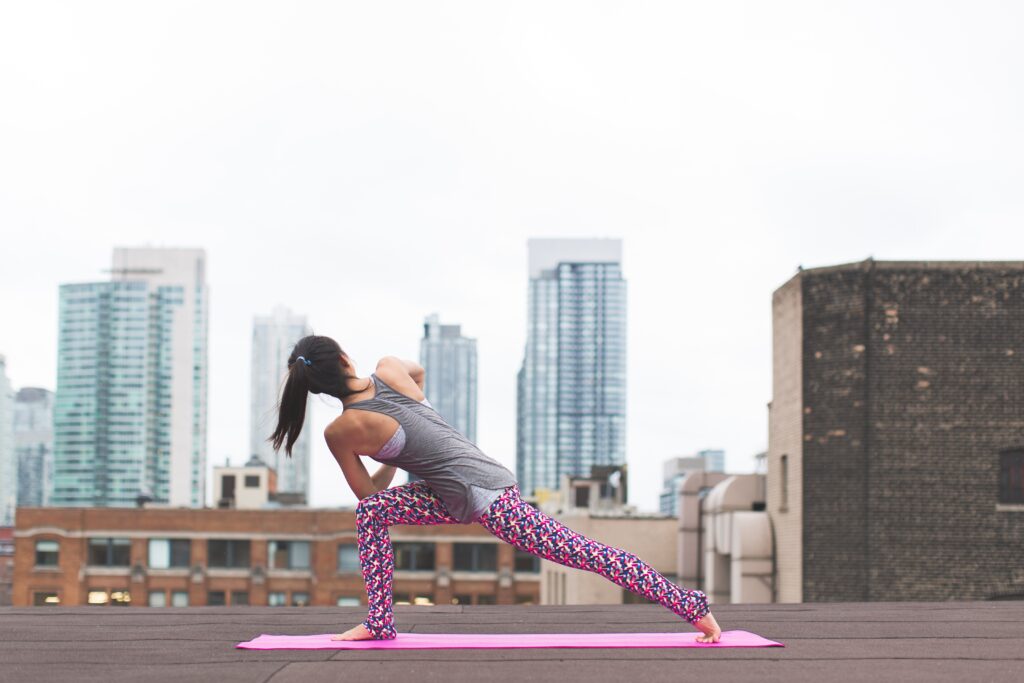Summer ‘s here, sun’s out along with all of nature. And so should you be too. But for some people this can be a very miserable time due to perennial rhinitis (hayfever).
Symptoms can include runny nose, itchy/red eyes, sneezing and can be disabling.
So here’s some helpful tips to try to mitigate these troublesome symptoms.
Practical measures:
- Stay Indoors: when the pollen count is very high. Pollen count rises slowly during the day till midday then gradually decreases. Although conversely at night it can be very high due to a phenomenon known as “pollen shower”. Basically limit your time outdoors on high pollen days. By checking local pollen counts regularly.
- Close Windows: Keep windows and doors closed during peak pollen times, typically in the morning and on windy days.
- Use Air Conditioning: Use air conditioning in your car (and home, if you have it) to filter out pollen.
- Dry washing Indoors: Avoid hanging laundry outside where it can collect pollen.
Keep things clean:
- Shower and Change Clothes: After being outside, take a shower and change your clothes to remove pollen. Also wash bedding once weekly in hot water.
- Clean Floors and Surfaces: Vacuum with a HEPA filter and dust with a damp cloth to minimise pollen and dust accumulation.
Self care:
- Stay Hydrated: Drink plenty of water to help thin mucus and keep your nasal passages moist.
- Wear Sunglasses: Protect your eyes from pollen by wearing sunglasses when you’re outdoors.
- Saline Nasal Rinse: Rinse your nasal passages with saline solution to remove allergens and reduce congestion.
Medication (for more resistant cases):
- Oral Antihistamines: Over-the-counter antihistamines can help reduce symptoms like sneezing, itching, and runny nose.
- Nasal Sprays: Steroid nasal sprays can be very effective in reducing inflammation and congestion.
- Decongestants: Oral or nasal decongestants can provide short-term relief from a stuffy nose.
- Allergy Shots: If all this fails there are IM injections that can be given to try to minimise/prevent the symptoms from occurring in the first place. See your GP or an allergy specialist to discuss this and more specialised treatments.










